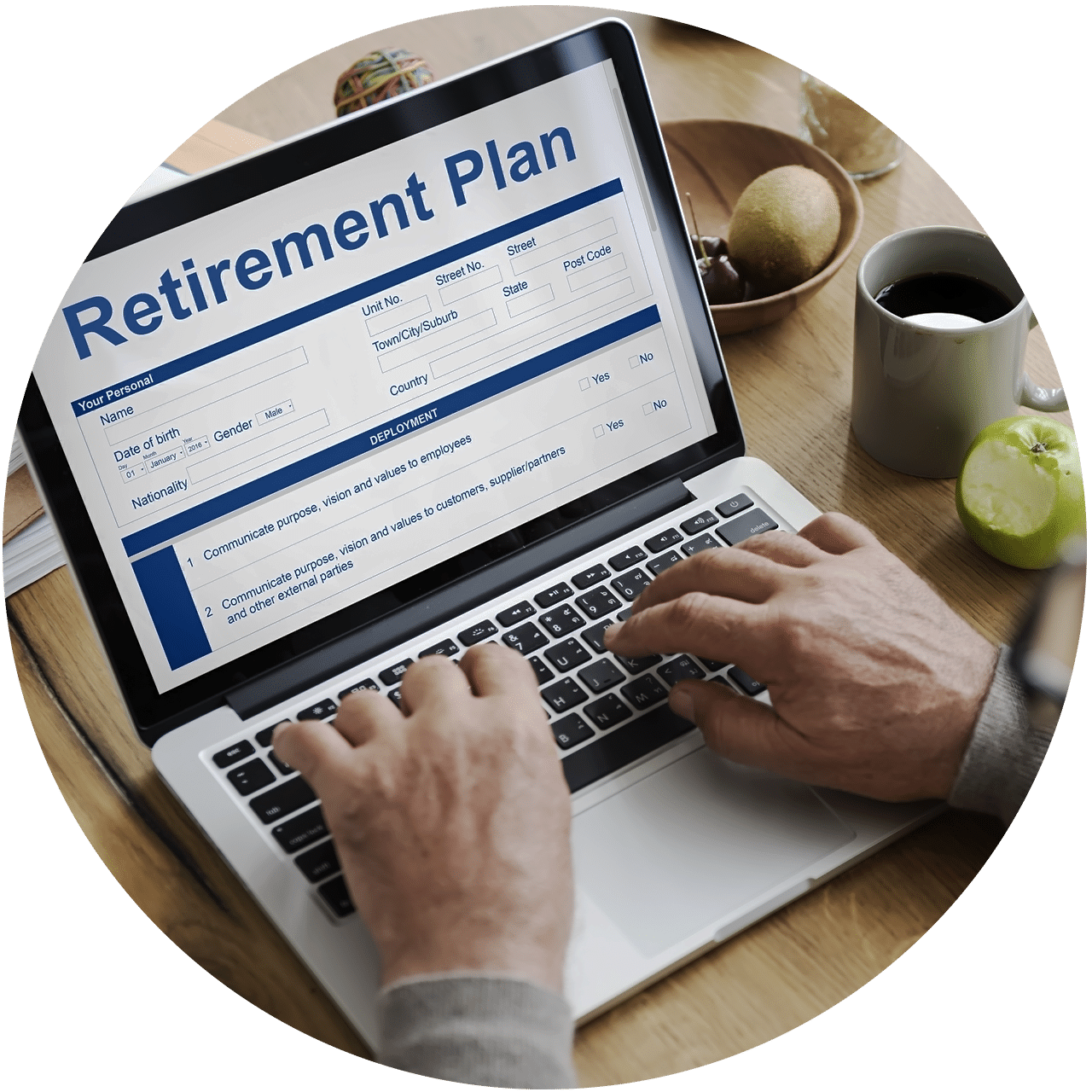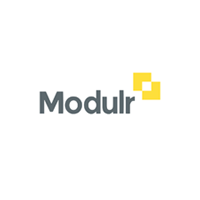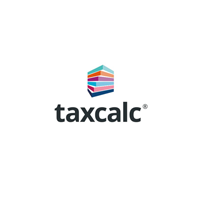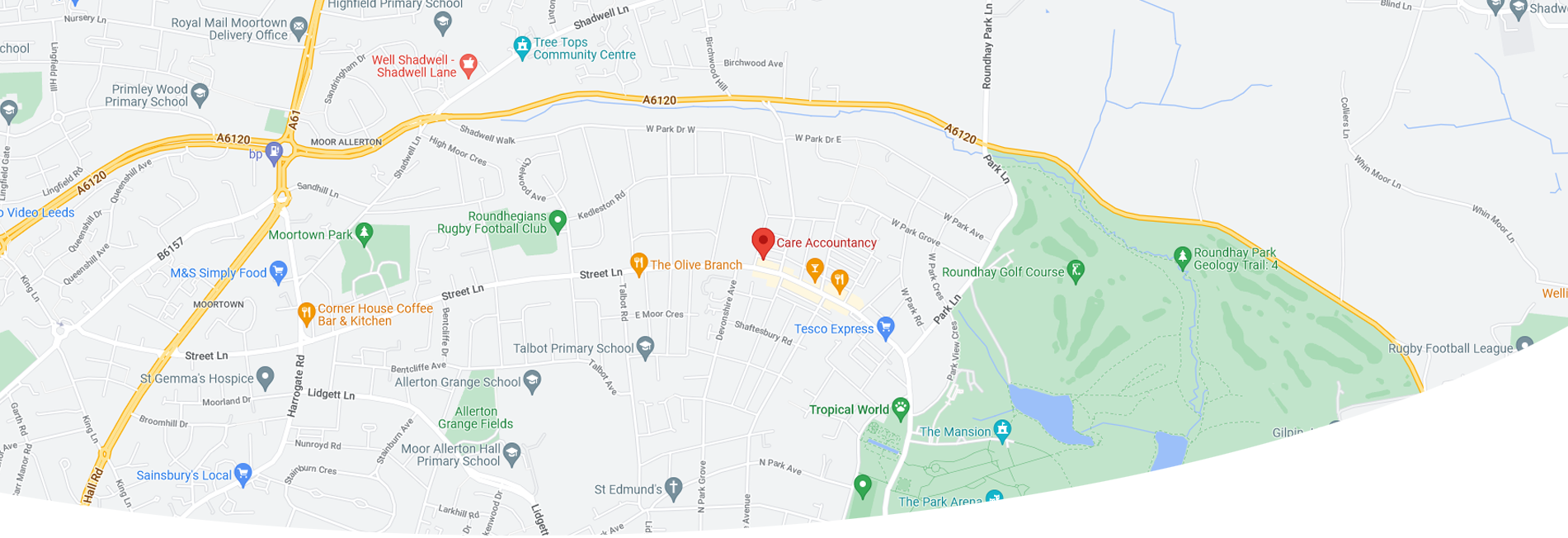Retirement
Planning
Good retirement planning ensures an entrenched life in the later years, the one enjoyed before retirement. Taxation can be one of the main factors that could delay or reduce the payouts and cash flows emanating from the retirement receipts. Having an up-to-date and optimum retirement plan is, therefore, a must.
Briefly, the objective of a retirement plan is to determine the timeline for retirement and the availability of a good amount of cash flows from investments, pension funds, or any other source of income. One of the core objectives is to save the pension fund, investments, and assets from excessive and maybe unnecessary taxes, as there may be available avenues within the rules through which one can avoid these.
Meeting these objectives may require consideration of different conduits and developing an understanding as to which of them would be the best fit. Failure to plan for taxes may result in a heavy impact on wealth and cash outflows. Though the list is unending however following areas may need retirement planning advice:
- Personal Residence Tax Relief
- Business Ownership
- Pension Planning
- State Pension
- Individual Savings Account for Retirement
- Investment Property
- Inheritance Tax


Aim for a higher
Return On Investments!
Care Accountancy offers retirement planning services that are designed to allow a peaceful life to one in the later years of retirement as if it were during employment or business life.
Personal Residence Tax relief
Private Residence Relief (PRR) is a capital gains tax relief automatically applied to selling a property. The property must be the main home to benefit from the complete relief. It may also qualify for relief if the property was provided to a dependent relative.
Selling a second home or buy-to-let property will immediately attract capital gains tax on earned profits. However, some relief might be possible if the owner has ever lived in the property.
Selling a house that has been used as the principal residence from the time it was acquired will attract no capital gains tax. However, while the position may seem simple, taxation laws can be daunting and challenging.
A property that is not used as a personal residence will be exposed to heavy taxes, for example, if it has been rented or used as a business location. The rental income will be subject to income tax with no or minimal tax relief; however, several other issues need to be considered.
Care Accountancy can help assess your situation and ascertain what types of taxes, reliefs, and exemptions are applicable and can be availed to keep the tax incidence to the minimum.
Business Ownership
The expected value of a business on consequent sale will form an essential part of a retirement strategy. A company can accumulate a great store of wealth throughout its life in terms of monetary profits from day-to-day operations and increase its goodwill over time.
If the objective is to retire, the business could be sold, disposed of, or transferred, as required. A business owner considering an exit strategy may be faced with the option of withdrawing from the business and transferring it to the ultimate heirs. This might not be as simple as it seems, as a business transfer to the next generation requires effective succession planning. If not planned, the heirs might not benefit from the business as they may face heavy taxes. Suppose the intent is to dispose of or sell the business. In that case, the question is as to how you can fetch a reasonable market value and find a suitable buyer. In such a scenario the amount of taxes that may become applicable on disposal needs to be looked into before the sale or removal is even considered.
More specifically following areas need to be developed or explored further:
- Forecast the tax liability on business disposal to consider how the transaction can be made more tax-efficient
- Withdrawal of gains throughout the life of the business through tax-efficient conduits.
- Succession planning to transfer business to family members, heirs, etc.
- Introducing family members into the business to lower tax-related cost
Disclaimer
Care Accountancy can provide a tax-efficient mechanism and a convenient exit route to reduce the tax liability on disposal. We can assist with every type of tax handling issue that one could face, including income tax, value-added tax, national insurance contributions, capital gains tax, inheritance tax, etc. Our objective will be to ensure retention of the maximum earnings and examine ways and means to determine if it is possible to save income from the levy of unnecessary taxes.
Individual Savings Account for Retirement
Low yield investments are usually safer and have a low chance of losing. Savings are required to meet the expenses at an old age. The considerations would be long or short-term investments, what type of investment to invest in, returns or yields, risks, instant reward, or huge payouts.
Savings are feasible to invest a part of the income earned towards a pension fund each year. The government has offered tax exemptions to encourage investments in Individual Savings Accounts (ISA’s). ISA’s are often a more tax-efficient way to save income than other complex methods of investment.
Individual Savings Accounts (ISA’s) are a tax-efficient way to save and invest your earnings. They are, in most cases, exempt from Income and Capital Gains Tax. Individuals over 18-years-old can open an ISA, and those under 18’s can open a Junior ISA. An annual allowance for ISAs from all providers available is £20K (9K on a Junior Individual Savings Accounts, also called JISA). There is no requirement to pay any income or capital gains tax on their profits. The allowance lapses if not used during the year. It is possible to transfer an existing ISA from one provider to another provider for a fee.
Stocks and shares ISA is a long-term option than cash ISAs which invest money into a range of assets including low-risk UK government bonds or gilts or higher-risk shares from global stocks. The objective is to invest in tax-efficient stocks and claims to provide better returns through active and passive fund conduits managed by a fund manager. The manager makes the investment decisions to beat the overall returns of an investment benchmark or index.
There are several types of ISA’s. One can spread the amount of 20K across the different types of ISA to lower the rising living costs and have a better rate of returns than available from regular saving accounts. Flexible ISA’s allow withdrawals from the ISA. However, it needs to be paid back during the same tax year.
Cash ISA could earn interest by investing in the cash tax-free ISAs, with easy access to the valuable money for short-term savings. The real value of cash ISAs has fallen because of a combination of inflation and low saving returns, which have made it harder to keep up with the rising cost of living.
Money can be invested in peer-to-peer lending. However, the money is not protected by the Financial Services Compensation Scheme (FCSC) with this kind of ISA. Only £85K of the deposits are covered by the FSCS.
One can open a Lifetime ISA within 18-39 years of age to save for their first home or retirement home. The government pays a 25% bonus up to £1,000 a year on the money invested, subject to penalties on withdrawals.
Care Accountancy can assist in your plans and suggest whether you are better off with a different type of ISA based on your situation.
They are, in most cases, exempt from income and Capital Gains Tax.
Investment Property
An investment property is acquired to receive rental income, for capital appreciation purposes or both but not acquired or held for residence or other business purposes.
Consecutive changes in the tax regulations relating to investment property have made this investment opportunity less attractive. Although, acquiring some other property types enjoy a more favourable tax treatment such as commercial property, furnished holiday accommodation, etc.
Holiday let business activities still allow mortgage interest costs to be offset against income in full. One can claim capital allowances against fixtures and furnishings within the property, capital gains tax relief, rollover relief, and entrepreneurs relief.
Additionally, profits from furnished holiday lettings can be counted towards pension and qualify for a low tax rate. Buying commercial property from the pension fund is highly tax-efficient, and most small business owners take advantage of this offer.
Inheritance tax
Though not specifically part of the retirement planning process, however, inheritance property is an area that would sooner or later be required to be looked into following the retirement. The incidence of inheritance has traditionally been overlooked and has been a cause of concern and anxiety for the people facing it. The amount of tax liability can be large and unexpected if appropriate actions are not initiated on a timely basis. Please visit our page to learn more about inheritance tax.
Care Accountancy can also provide inheritance tax-related services, advice, and consultation to our clients. We can advise how their interests can be protected and what actions can be taken to safeguard their loved ones from the incidence of inheritance tax.
Our services
Care Accountancy’s tax planning services provide all types of tax-related services to individuals, whether employees or self-employed, start-ups or established businesses, small, medium, or large corporates, partnerships, trusts, charities, etc.
We may require examining situations on a case-by-case basis to determine the incidence of taxes against all kinds of income and the available reliefs and the exemptions thereagainst to lower the tax incidence.

Get in Touch
Rhoundhay
Leeds
LS8 2AL, UK
Coventry Road
Birmingham
B26 3EJ, UK
0121 7268 542
info@careaccountancy.co.uk











